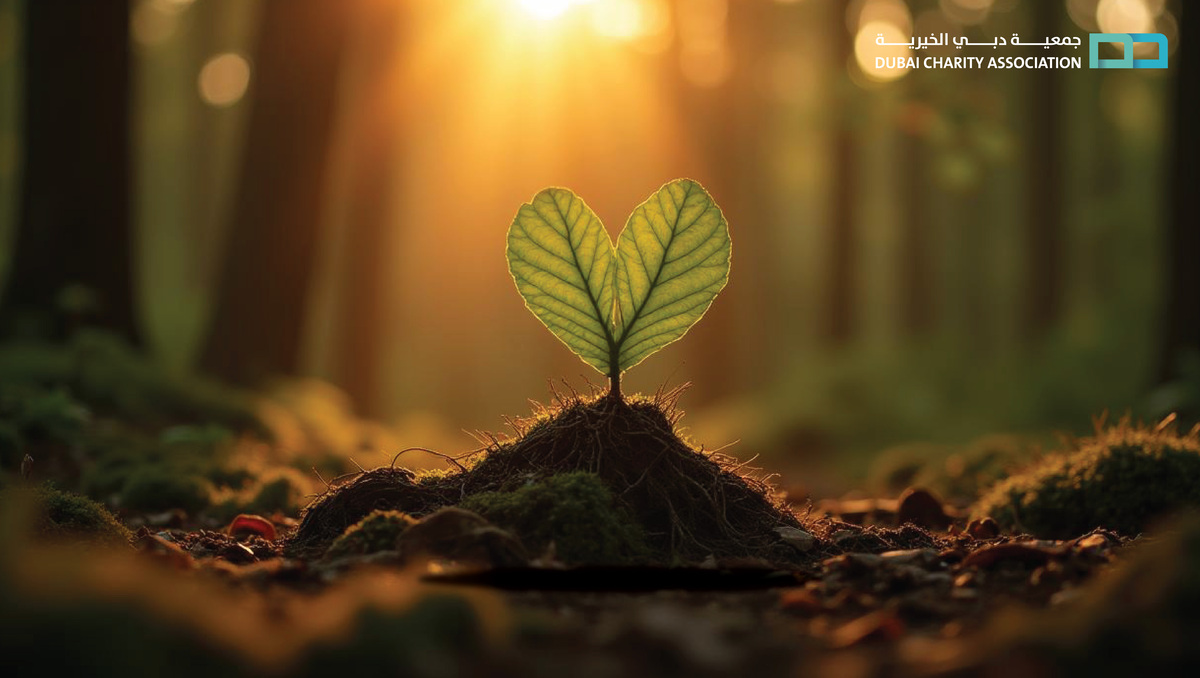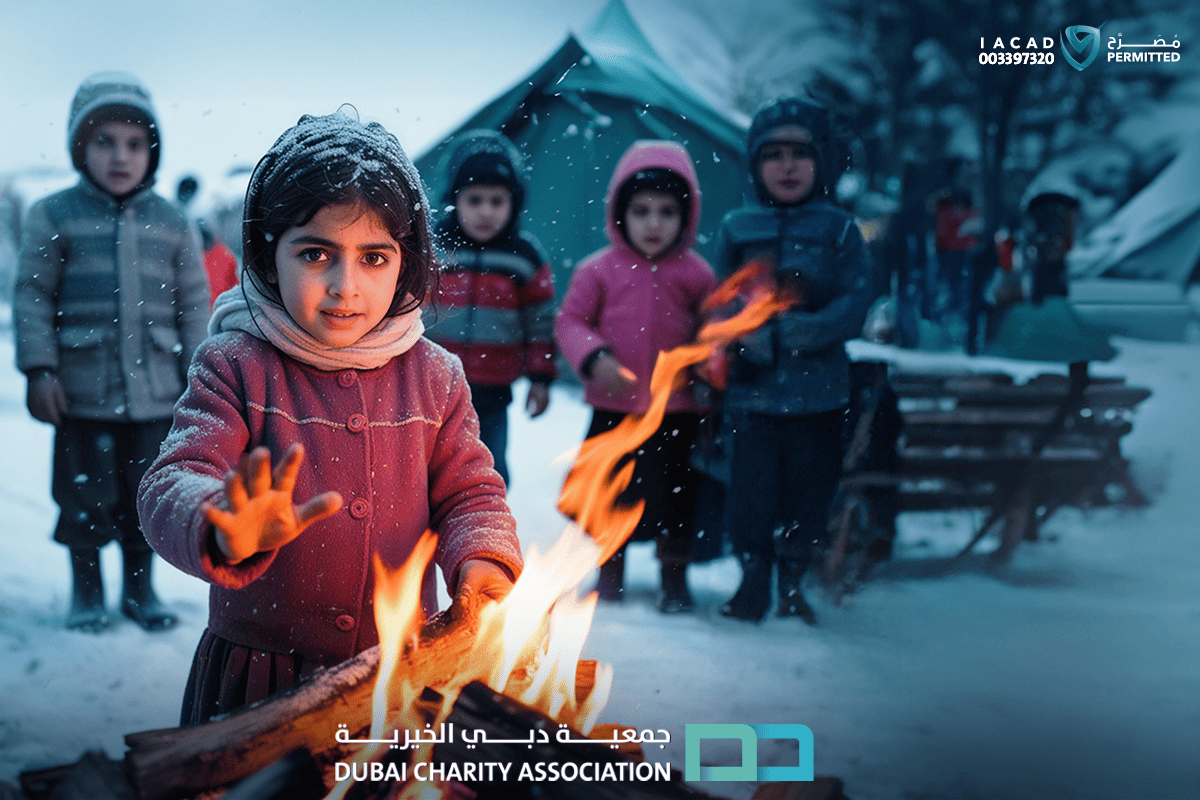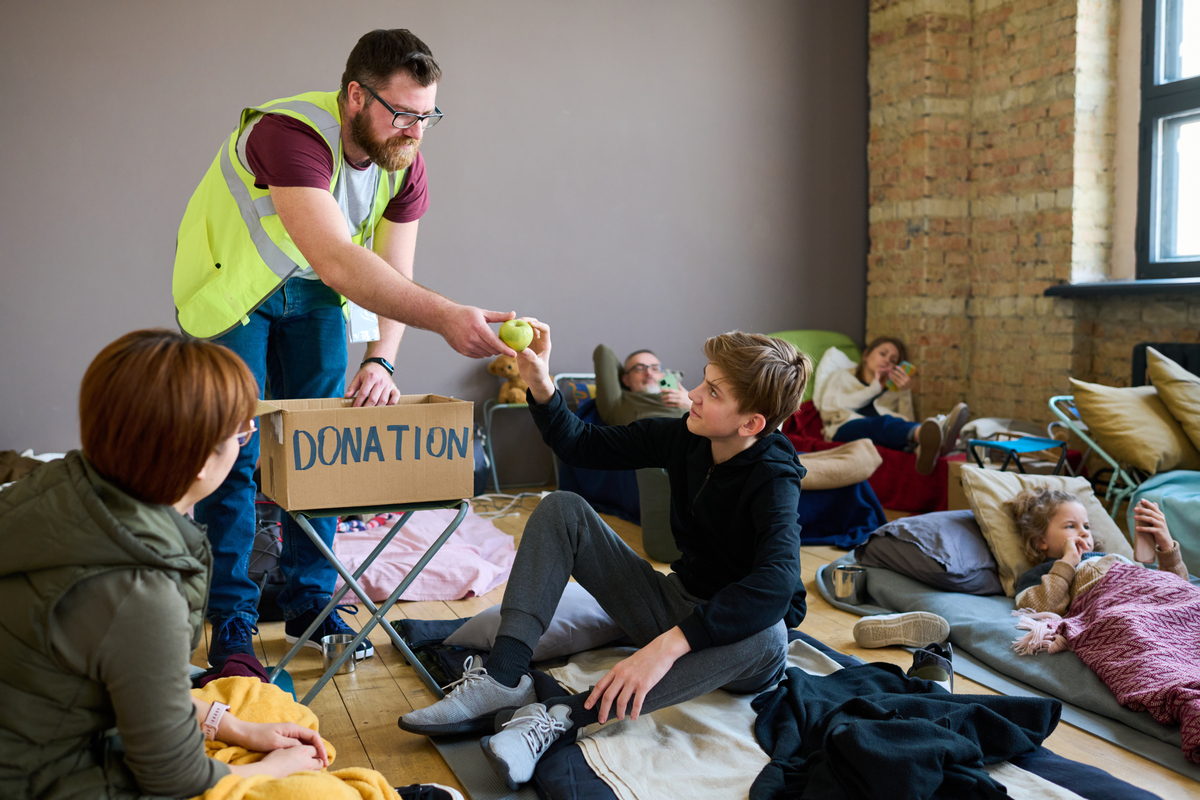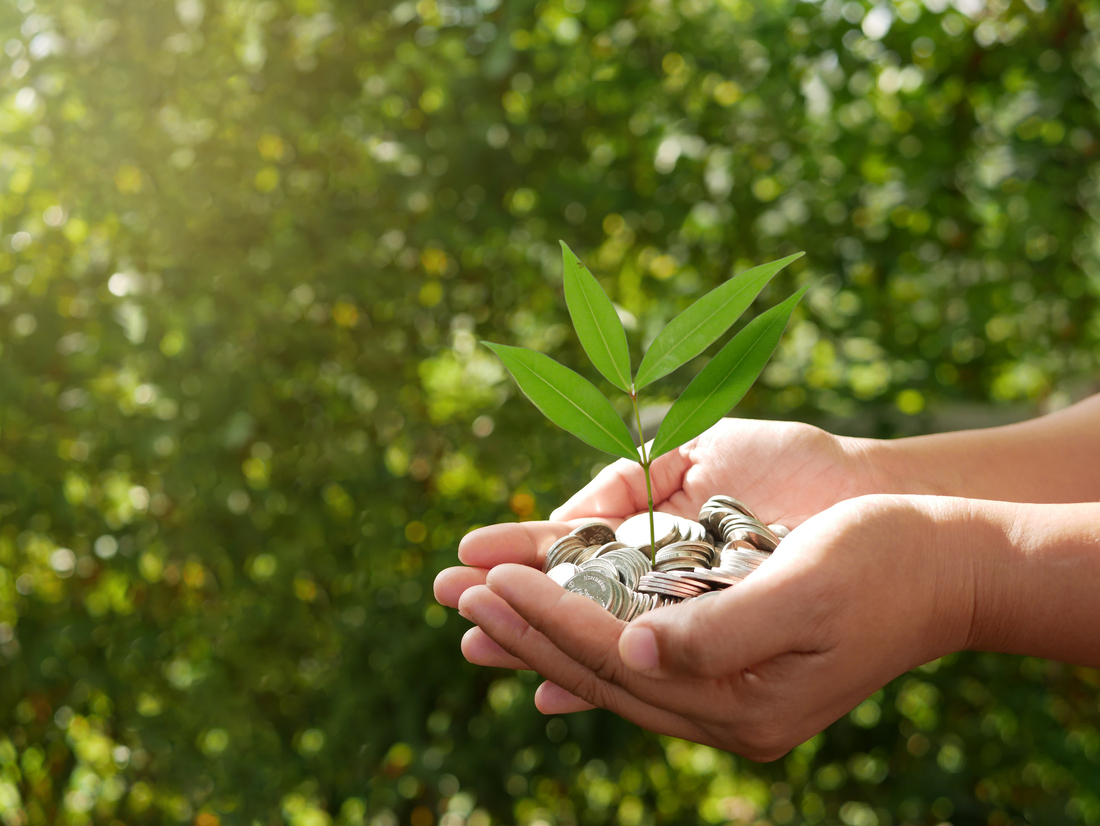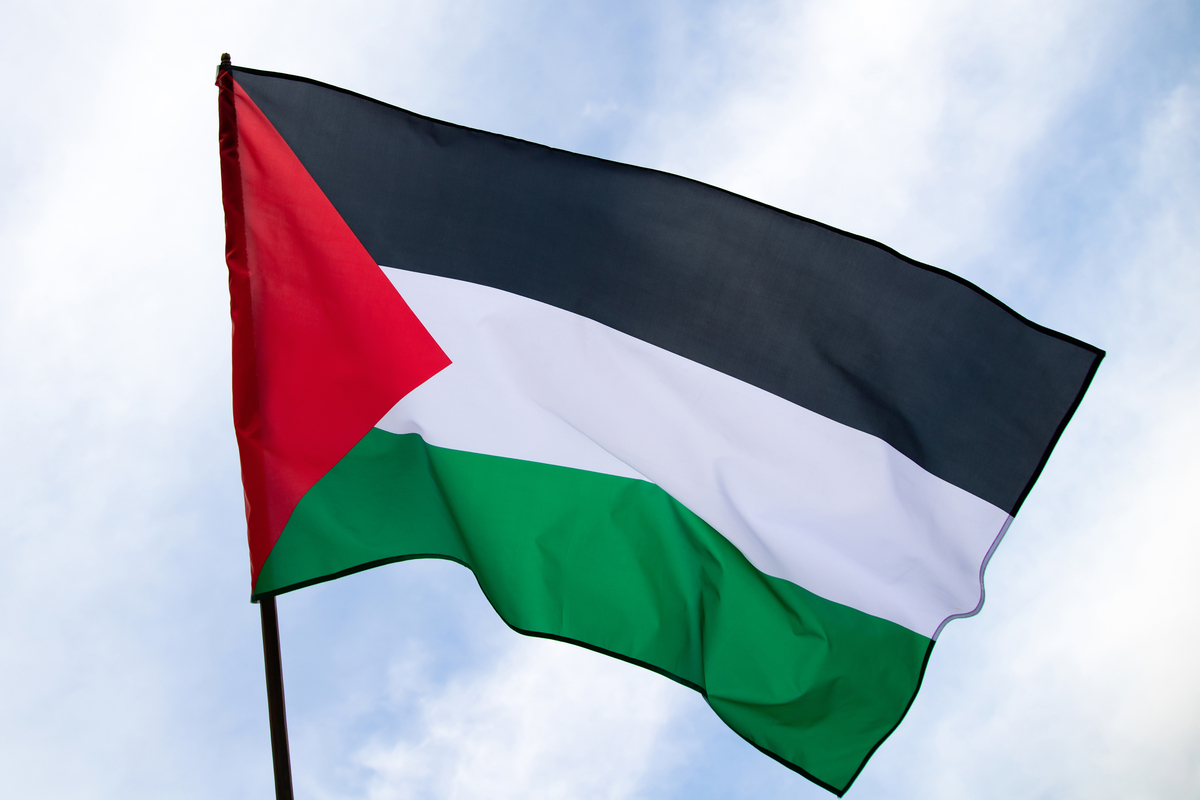The concept of Sadaqah is a cornerstone of Islam, establishing a foundation for a compassionate and supportive society. Sadaqah isn’t only a religious act; it’s also a powerful tool for promoting social justice and alleviating the hardships of those in need. This article explores the types of Sadaqah, including both obligatory and voluntary, and how Muslims can give in ways that benefit society and earn rewards in both this life and the hereafter. Additionally, it highlights the role of Dubai Charity Association in enhancing Sadaqah projects, innovatively and sustainably directing donations to meet community needs.
What is Obligatory Sadaqah?
Obligatory Sadaqah, also known as Zakat, is one of the Five Pillars of Islam. Muslims are required by Allah to pay a certain percentage of their wealth annually to those eligible. Zakat comes with specific rules and conditions, including reaching a minimum threshold (nisab) and maintaining the wealth for a year.
Authorized Uses of Zakat
The Quran defines eight categories for Zakat distribution: the poor, the needy, collectors, those whose hearts are to be reconciled, freeing captives, those in debt, in the path of Allah, and travelers in need. By distributing Zakat, Muslims support community needs and foster solidarity—goals that Dubai Charity Association strives to achieve through its Zakat-focused programs.
Economic Impact of Zakat
Zakat fosters economic balance, reducing wealth disparities between the rich and the poor. It ensures fair distribution and improves the quality of life for those in need, enhancing economic stability. Dubai Charity Association allocates Zakat funds sustainably and effectively, focusing on economic projects that address the needs of the underprivileged in the most needy areas.
What is Voluntary Sadaqah?
Voluntary Sadaqah is a non-obligatory donation made by a Muslim out of free will and kindness. This type of Sadaqah represents one of the highest forms of giving, where Muslims willingly spend from their wealth, fostering love and compassion in their hearts, bringing them closer to Allah.
Types and Forms of Voluntary Sadaqah
Voluntary Sadaqah encompasses a range of acts of giving, such as:
Feeding the Hungry:
Providing food to those in need is a primary form of Sadaqah, significantly easing the hardships of the poor. Dubai Charity Association organizes food distribution programs for families in need, especially during crises.
Orphan Sponsorship:
Supporting orphans is one of the most rewarding voluntary Sadaqah acts, as it provides them with a dignified life. Dubai Charity Association offers comprehensive programs that cover education, living expenses, and healthcare for orphans.
Building Mosques and Schools:
These Sadaqah projects spread faith and knowledge, with continuous rewards for the donor even after passing. Dubai Charity Association builds mosques and schools in remote areas lacking these facilities.
Water Provision and Well Digging:
Access to clean water greatly improves health and the environment. Dubai Charity Association provides water through well-digging projects in areas with limited resources.
Read more: Zakat Al Mal, How to Perform it Correctly?
The Best Forms of Sadaqah: Ongoing Sadaqah (Sadaqah Jariyah)
Definition and Importance of Sadaqah Jariyah
Sadaqah Jariyah refers to charitable acts that provide lasting benefits, continuing to generate rewards for the giver even after their passing. This type of Sadaqah is among the most rewarding, as it provides ongoing support to communities and generates continuous blessings. Examples of Sadaqah Jariyah include building schools, housing, wells, planting trees, and other long-term resources that benefit society.
Examples of Sadaqah Jariyah and Its Impact on Society
Some notable examples of Sadaqah Jariyah include:
Building Hospitals and Health Centers: These facilities provide medical care for communities over the long term, improving public health and reducing disease spread. There is also the donation of medical Equipment and devices to save a lot of lives.
Islamic Endowment (Waqf): This traditional Sadaqah Jariyah model involves dedicating assets or properties whose proceeds fund charity initiatives, like supporting schools or orphanages.
Tree Planting: Planting trees benefits people and nature alike, offering shade, environmental improvements, and food.
Role of Dubai Charity Association in Sadaqah Jariyah
Dubai Charity Association stands out in facilitating sustainable Sadaqah Jariyah projects that enhance quality of life for communities. For instance, the association manages Waqf projects to fund various charitable activities, alongside well-digging and school-building initiatives in underserved areas globally.
How to Give Sadaqah Effectively
Cash Donations
Cash donations are among the simplest ways to give Sadaqah, allowing donors to quickly provide financial support to those in need. Dubai Charity Association ensures these funds are directed according to beneficiary needs, maximizing their impact.
In-Kind Donations: Clothing and Basic Needs
Voluntary Sadaqah can also include donations of items like clothing, food, and household essentials. In-kind donations are especially helpful during colder seasons, where warm clothing and blankets can make a significant difference. Dubai Charity Association distributes these items to impoverished families, ensuring they reach those who need them most.
Islamic Endowment (Waqf)
Waqf is a form of Sadaqah Jariyah where assets or properties are set aside for charitable purposes, like building hospitals or schools. Dubai Charity Association offers ways to participate in Waqf, helping donors make sustainable, impactful contributions.
Facilitating Sadaqah through Technology
With technology, giving Sadaqah has become easier than ever. Donors can now contribute online through secure platforms. Dubai Charity Association provides online tools and mobile apps, enabling Muslims worldwide to donate with ease and confidence.
How Dubai Charity Association Promotes Sadaqah in Society
Seasonal Projects to Support Sadaqah
Dubai Charity Association runs several seasonal initiatives to meet the needs of impoverished families during religious and national events. These include Ramadan Iftar meals, meat distribution during Eid al-Adha, and clothing drives for Eid celebrations.
Local and International Partnerships for Charity
The association builds strategic partnerships with charitable and governmental organizations locally and globally, ensuring donations reach remote areas and securing financial and logistical support to maximize the effectiveness of charitable projects.
Innovative Programs for Sustainable Impact
Dubai Charity Association works on innovative, sustainable projects that provide long-term support to those in need. For example, it invests in agricultural projects that generate steady income, enabling the association to expand its charitable services over time.
FAQs on Types of Sadaqah
1. What are the main types of Sadaqah in Islam?
Sadaqah in Islam includes obligatory Sadaqah, such as Zakat, and voluntary Sadaqah given out of free will. Dubai Charity Association offers various donation options to facilitate both types of Sadaqah.
2. What is the difference between Zakat and Sadaqah?
Zakat is a mandatory form of Sadaqah due from Muslims with eligible wealth, while voluntary Sadaqah is an extra donation made freely. Zakat is a pillar of Islam, whereas other forms of Sadaqah strengthen social solidarity.
3. What is Sadaqah Jariyah?
Sadaqah Jariyah is a form of charity with long-term impact, like building mosques or schools and digging wells. Dubai Charity Association offers various Sadaqah Jariyah projects worldwide.
4. How can I give voluntary Sadaqah easily?
You can give voluntary Sadaqah online or through direct donations to the needy. Dubai Charity Association provides digital platforms to make donating Sadaqah simple and secure.
5. Does Sadaqah only involve monetary donations?
No, Sadaqah can also include giving food, clothing, education, and even advice. Voluntary Sadaqah encompasses a range of helpful acts, like orphan sponsorship and well-digging.
6. What are the best types of Sadaqah?
Sadaqah Jariyah is among the best types because it provides lasting benefits. Other valuable forms include orphan sponsorship, water provision, and feeding the hungry.
7. Can I give Zakat through Dubai Charity Association?
Yes, Dubai Charity Association offers dedicated Zakat programs, ensuring donations are directed effectively and sustainably to help those in need.
8. What’s the difference between voluntary Sadaqah and Sadaqah Jariyah?
Voluntary Sadaqah is regular giving that doesn’t provide lasting benefits after the donor’s passing, whereas Sadaqah Jariyah offers continuous rewards, such as building a mosque or school.
9. How does Dubai Charity Association support Sadaqah?
Dubai Charity Association organizes diverse programs for both voluntary and ongoing Sadaqah, offering solutions for food aid, orphan sponsorship, well-digging, and easy donation via digital platforms.
10. Are there modern ways to give Sadaqah?
Yes, modern Sadaqah options include online and mobile app donations. Dubai Charity Association offers safe and convenient methods for Muslims to contribute to charitable projects.
11. What is the importance of Sadaqah in Islam?
Sadaqah is essential in Islam, promoting social justice and strengthening the Muslim community. It enables Muslims to support the needy and contributes to a united society.
12. Are there conditions for the wealth I give as Sadaqah?
Zakat requires eligible wealth to be lawful and meet the nisab threshold, while voluntary Sadaqah has no specific requirements and can be given in any form to support the needy.
13. Is it permissible to give Sadaqah to non-Muslims?
Yes, Sadaqah can be given to non-Muslims, especially in times of crisis. Dubai Charity Association offers humanitarian aid regardless of background to alleviate suffering.
14. What is the Sadaqah Allah loves most?
The best Sadaqah is given with sincerity and aims for sustainable benefit. The Prophet Muhammad (PBUH) said, "The best Sadaqah is giving water," highlighting the value of providing essentials like food and water.
15. How can I contribute to Sadaqah Jariyah projects?
You can contribute to Sadaqah Jariyah projects by supporting mosque or school construction, well-digging, or through Dubai Charity Association’s sustainable initiatives.
Sadaqah remains a noble act that strengthens a Muslim’s connection to Allah, fosters social cohesion, and promotes justice. Whether obligatory like Zakat or voluntary, Sadaqah is an impactful way to ease suffering and bring stability to communities. Dubai Charity Association serves as a trusted partner for Muslims seeking to make a difference and improve lives, providing secure platforms and structured projects to fulfill the noble purpose of Sadaqah.

